In this month’s regular column from CEJA – the European Council of Young Farmers – we interview Vice-President Juha Tehno about his views on the outlook for young people in agriculture.
MF: What is your background in farming?
JT: I grew up on a farm in Finland and studied agribusiness at Helsinki University. However, when I was a teenager I wanted to be a policeman or a salesman when I grew up. When I reached my twenties though I realised that farming and the agricultural sector were my passion and decided to pursue farming as a career. I now have a family farm in Finland, which I operate with my wife. My parents also occasionally help out, especially when I travel for events in my role as CEJA Vice-President. Our farm is an organic livestock enterprise and we have our own slaughterhouse. Our meat is sold directly to the consumer from our farm shop.
MF: How did you get involved in young farmer organisations and advocacy?
JT: I started as a representative for Finland’s MTK (The Central Union of Agricultural Producers and Forest Owners) in early 2014, where I attended CEJA meetings and events as an MTK delegate. Over the last few years my involvement with CEJA has taught me a lot. When I became a CEJA Vice-President in 2015, one of my targets was, and still is, to ensure that CEJA is a member-oriented organisation that recognises the diversity of the farming community across Europe. Since becoming a CEJA Vice-President it has become clear to me that young farmers need to learn from each other by sharing experiences and best practices. Through this, appropriate solutions can be found to current and future challenges for young farmers across Europe. At the same time I have encountered new experiences and made many friends within the European farming community. European young farmers are stronger together and can ensure that their voice is heard at local, regional, national and institutional levels.
MF: What are the challenges for European young farmers?
JT: They face the same two principal challenges - access to land and to credit. However, in order to provide solutions to these obstacles and develop all-encompassing and practical agricultural policy, young farmers need to become more involved. Young farmers play a vital role in agricultural policy development as they represent the voice of the next generation. The role of young farmers is to show others the path to the future of agriculture.
MF: Are you optimistic about the future?
JT: Despite the current agricultural crisis and increasing climatic risks across Europe, the future is bright for young farmers. Short-term obstacles, such as finding new markets and ways to improve business will not impede young farmers’ success in agriculture. Innovation in the agriculture sector is developing at a very fast pace and young people are at the forefront of these changes. Young people are naturally interested in new developments and innovations, especially technology, and they are able to easily envision the implementation of these as common everyday agricultural practices. Young farmers are forever looking forward! They have a long term outlook and, by doing so, they focus on safeguarding agriculture and agricultural landscapes for years to come.
MF: How can young farmers be supported?
JT: Now more than ever, less young people are entering the agricultural industry and becoming farmers. As I said previously, throughout Europe access to land and credit act as the main barriers to new young entrants to the sector. With a continually growing world population and finite resources, the planet needs to produce more with less. However, without generational renewal in agriculture this will not be achieved. Young farmers already established and young people looking to enter the sector must not be discouraged or inhibited. Policy at both local and intuitional levels must reflect this.
Young farmers are not only the future of agriculture, they are here today too! Young farmers’ passion is agriculture but they cannot pursue their careers and run successful businesses alone. Farmers also need consumers as well as the stakeholders in the food supply chain to ensure success. Young farmers would like a fair, well-functioning and practical food supply chain. However this can only be achieved through strong vertical and horizontal cooperation. All stakeholders, including farmers, within the food supply chain should be empowered and know that their counterparts in the agricultural industry are supporting their endeavours.
MF: When you move on from your role as Vice President, how will you look back on your contribution to CEJA?
JT: I’d like to think that my contribution towards the work of CEJA, especially in agricultural policy, has benefitted young farmers across Europe and that my participation in the organisation has facilitated their enjoyment of farming in terms of both a profession and a lifestyle. In the future, I also hope to see that young farmers are continuing to be active not only on their farms but also within their farming communities at local, national and European levels. By working together as a community, European young farmers can learn from each other and achieve more together than they can alone.
* If you would like to get in touch with Juha Tehno, email allusers@ceja.eu


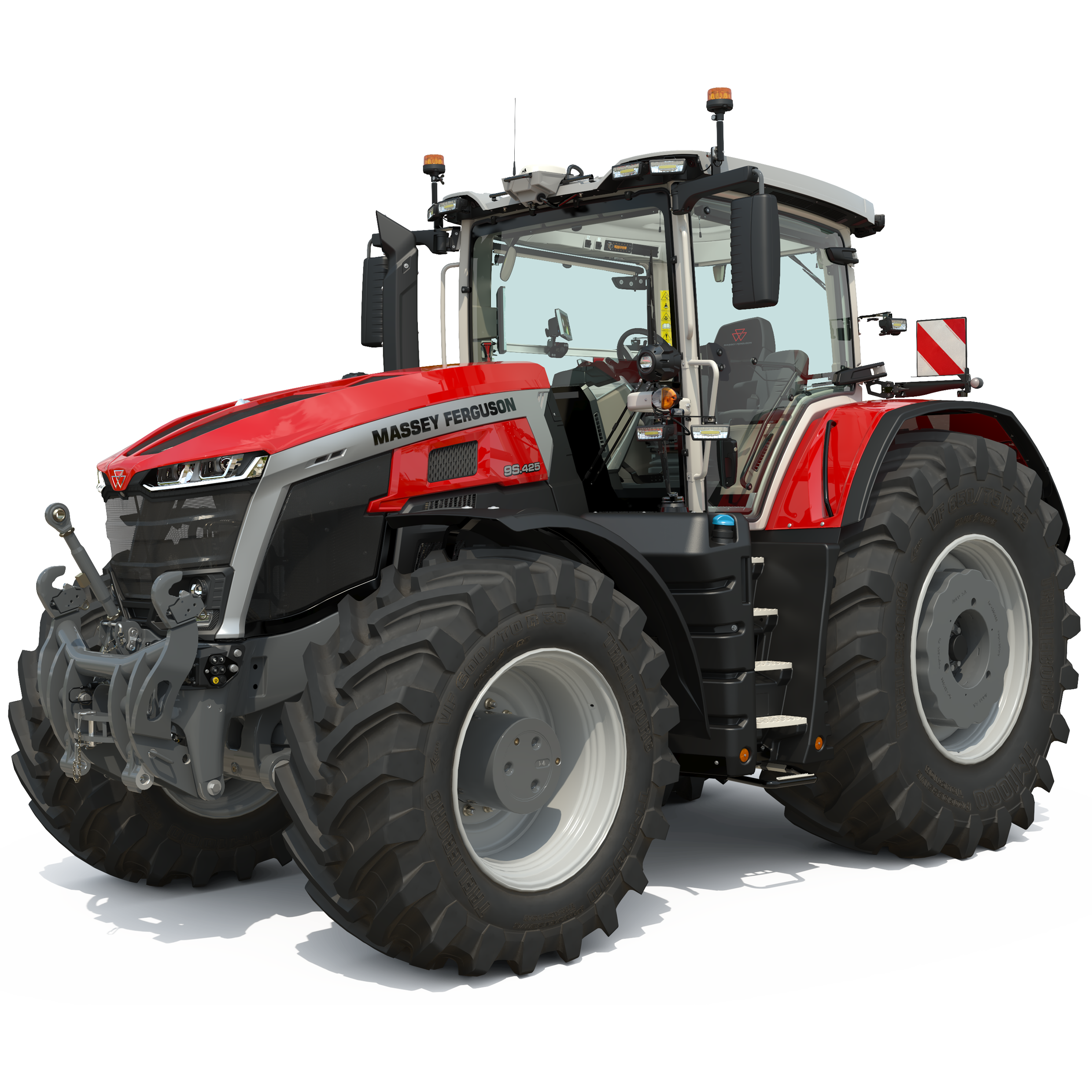

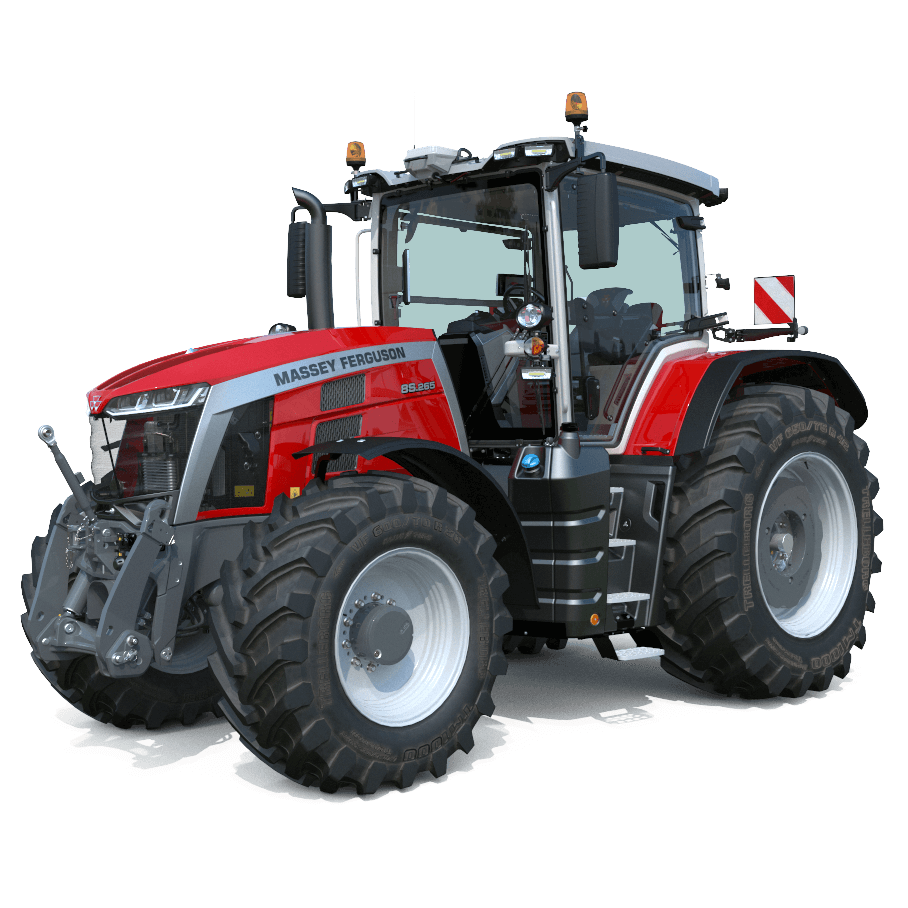







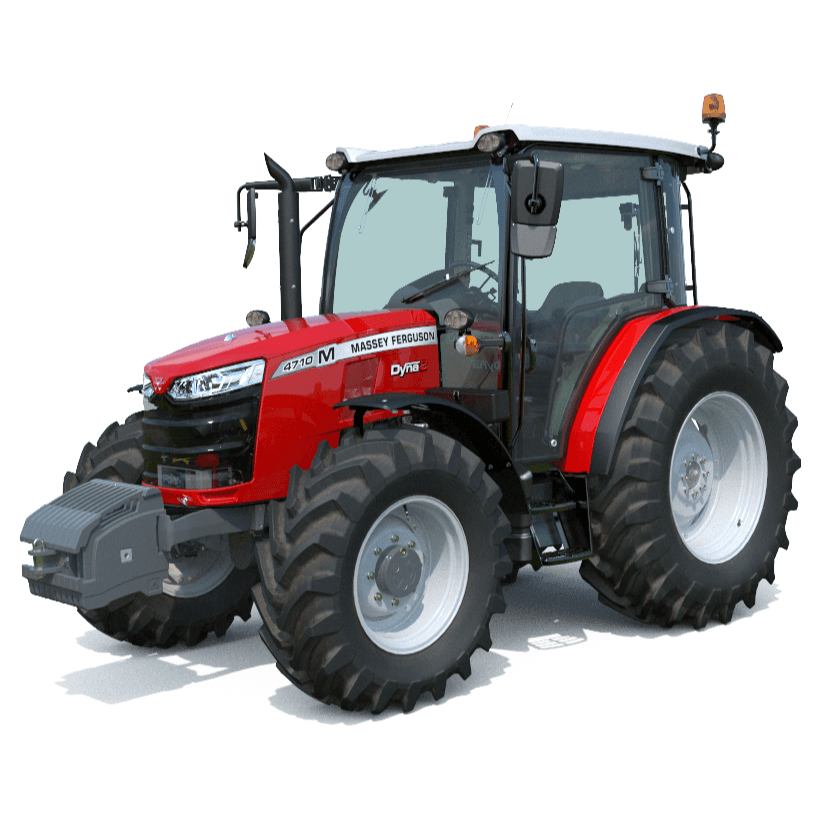



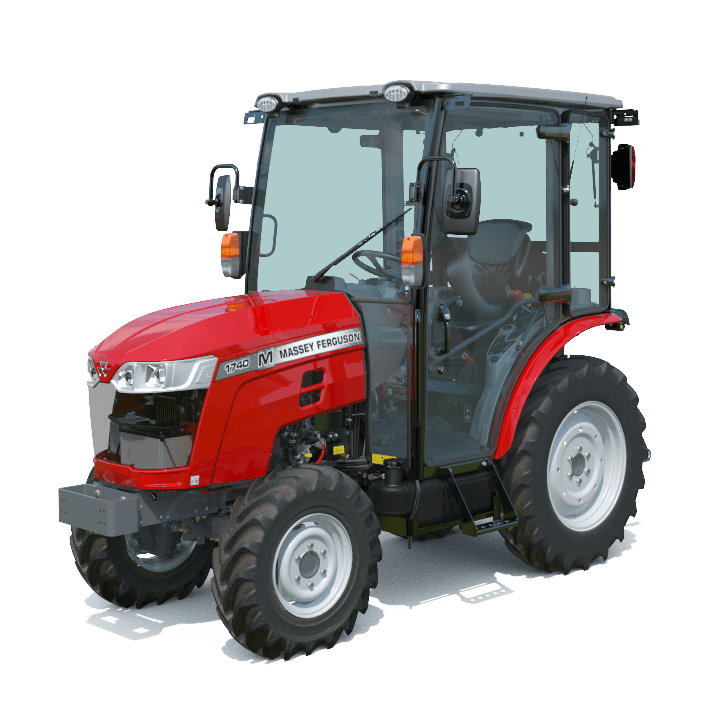


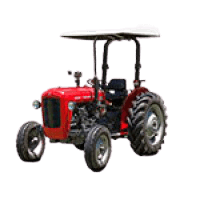
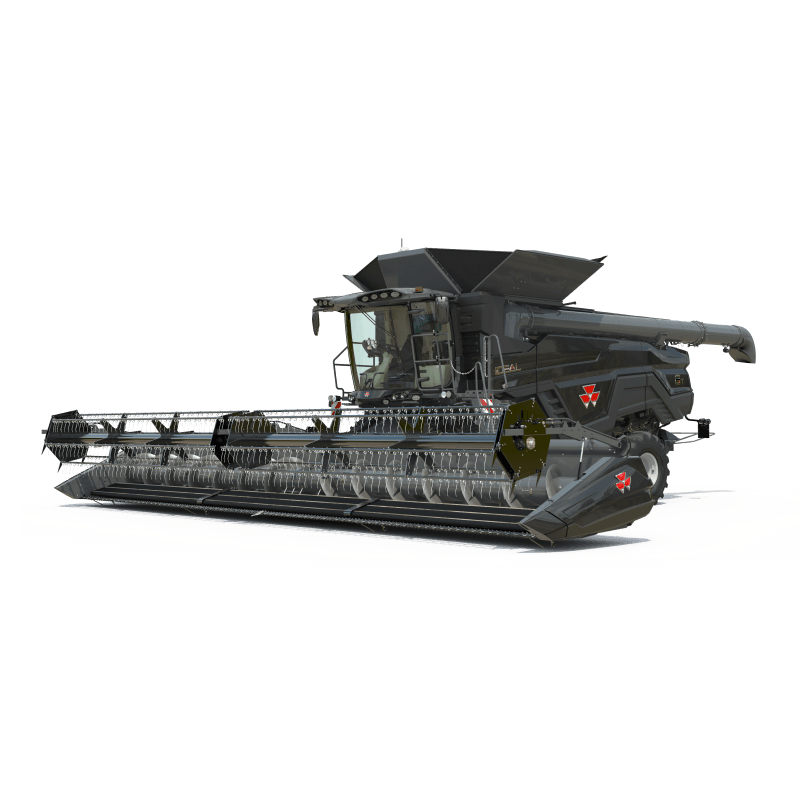
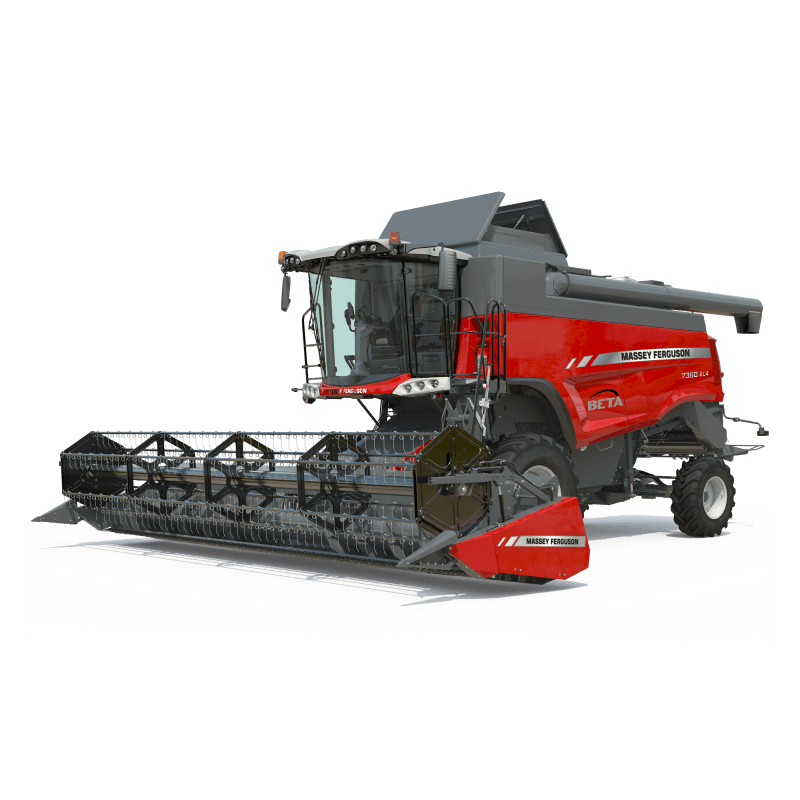
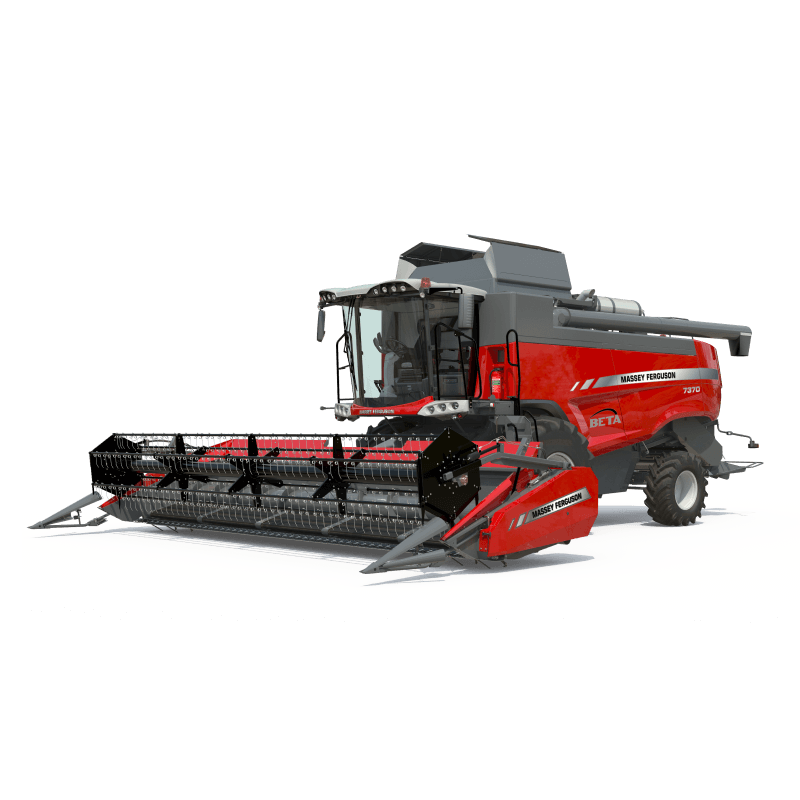
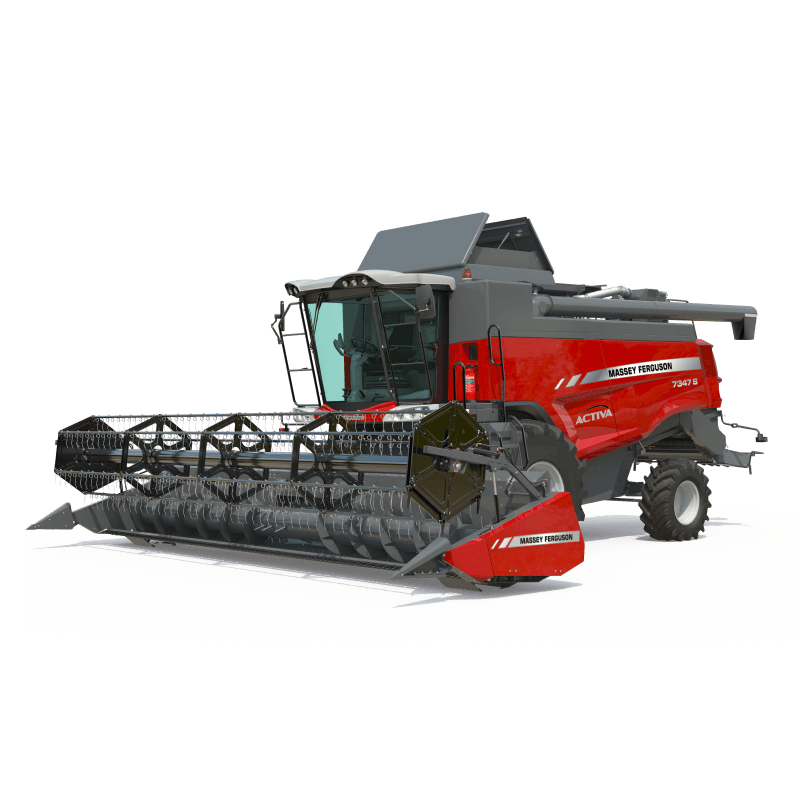
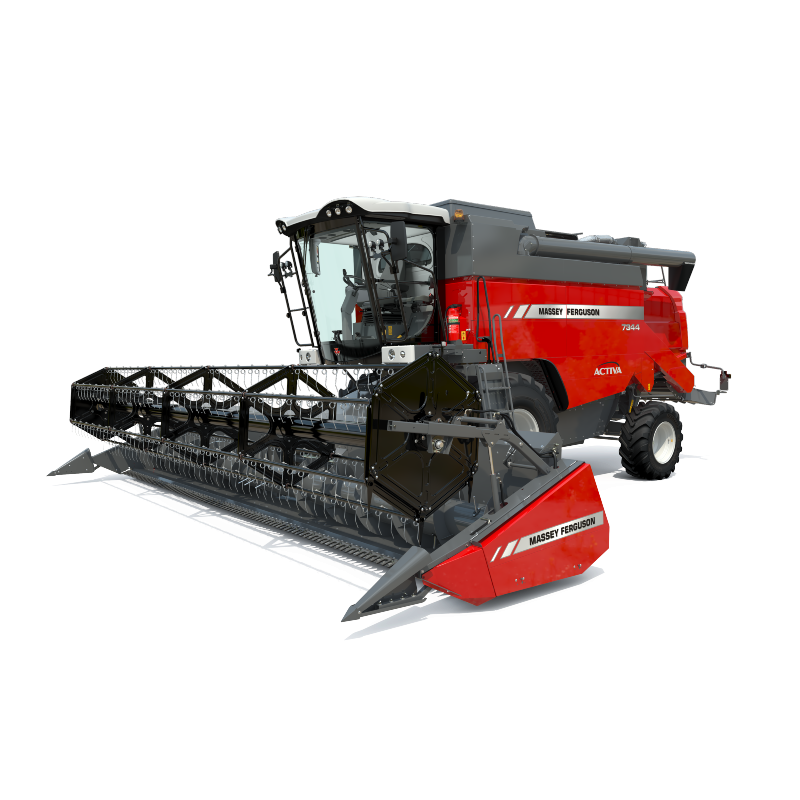
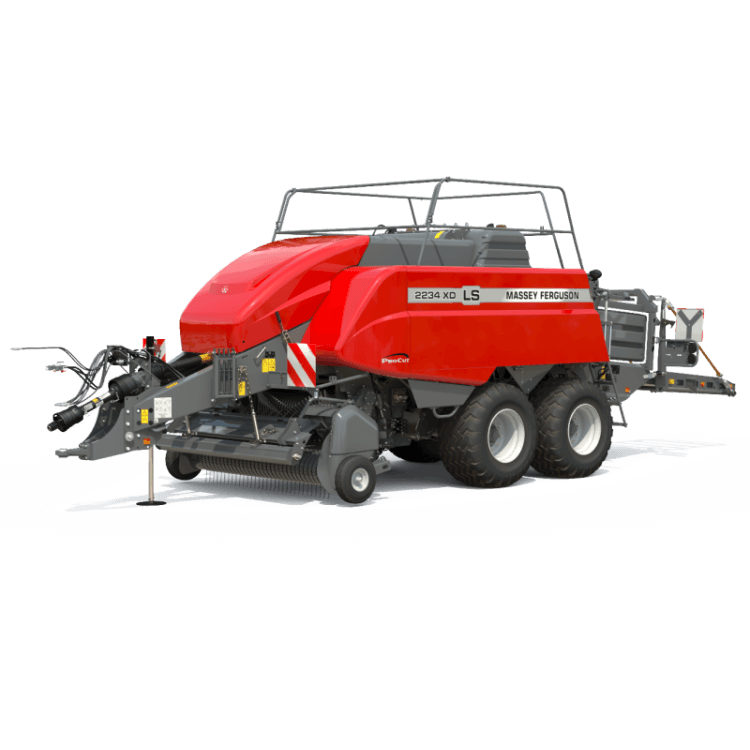
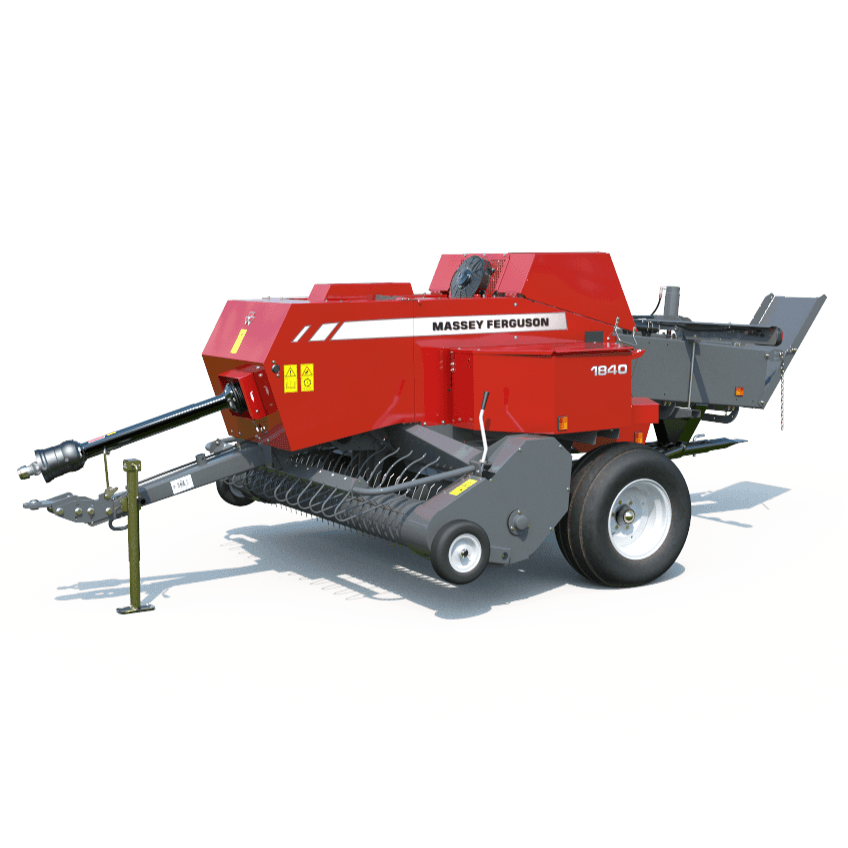
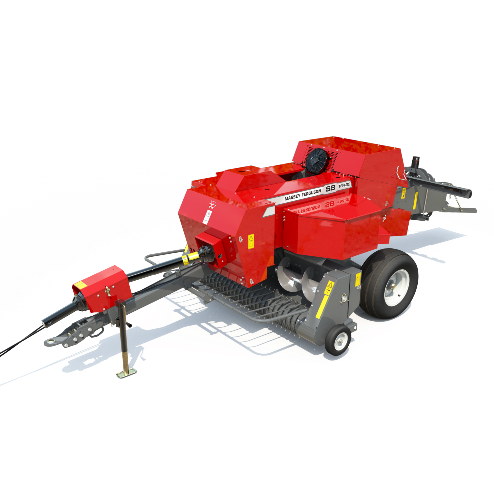
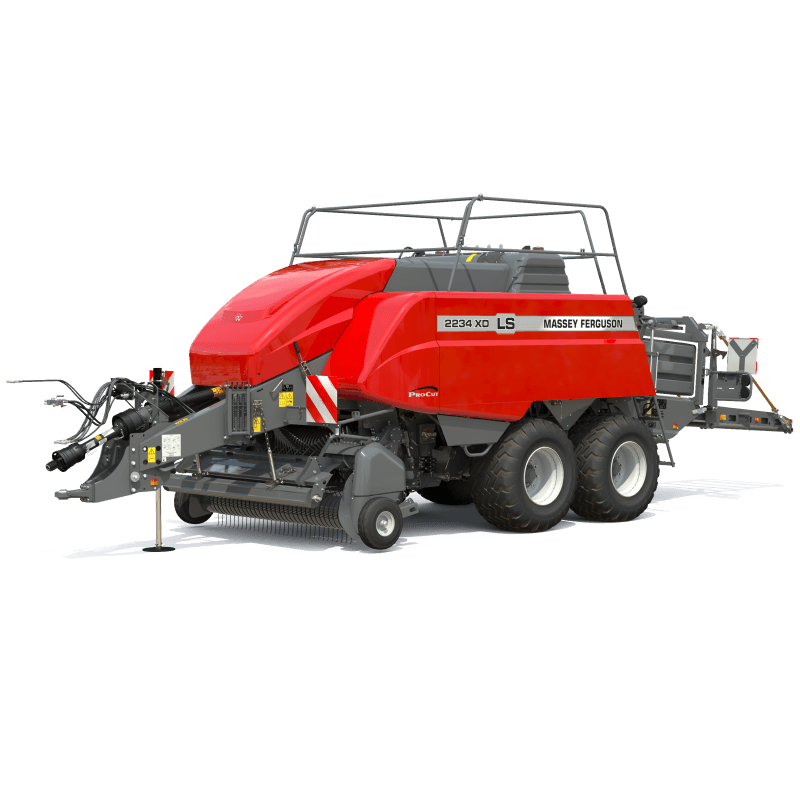
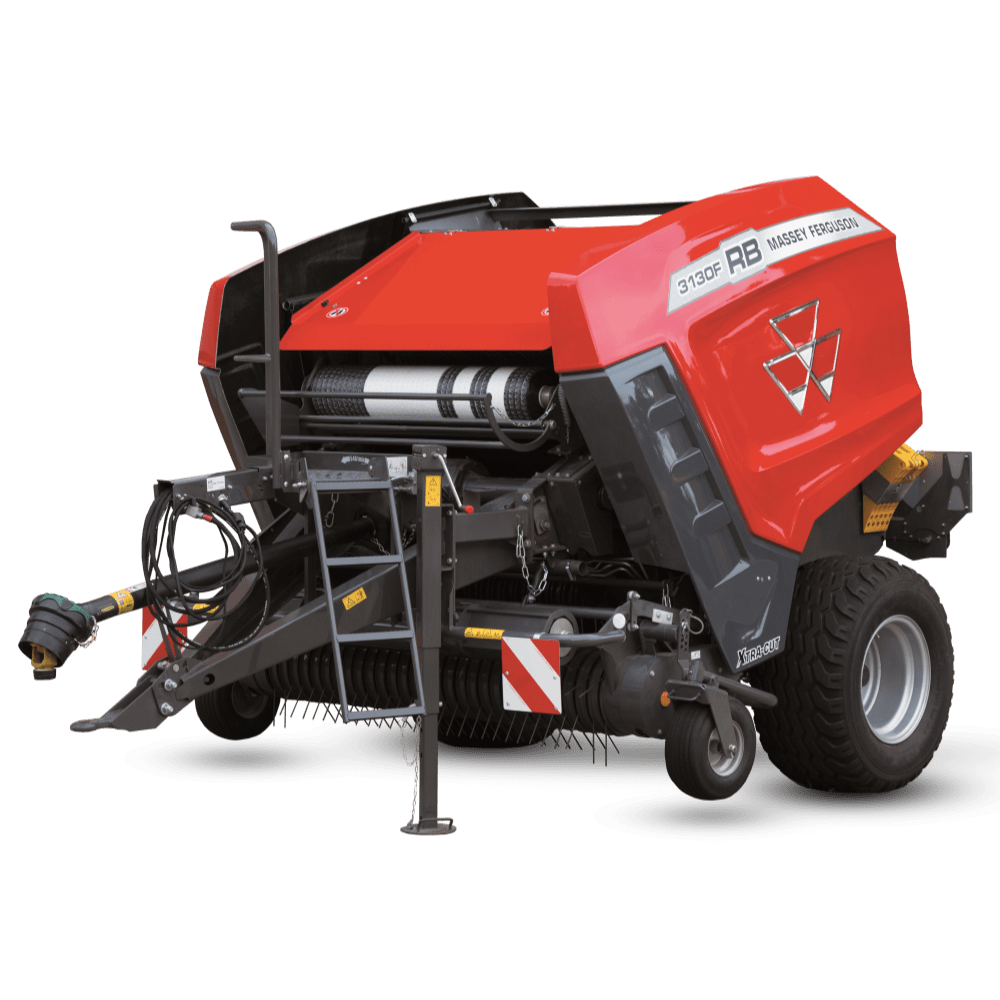
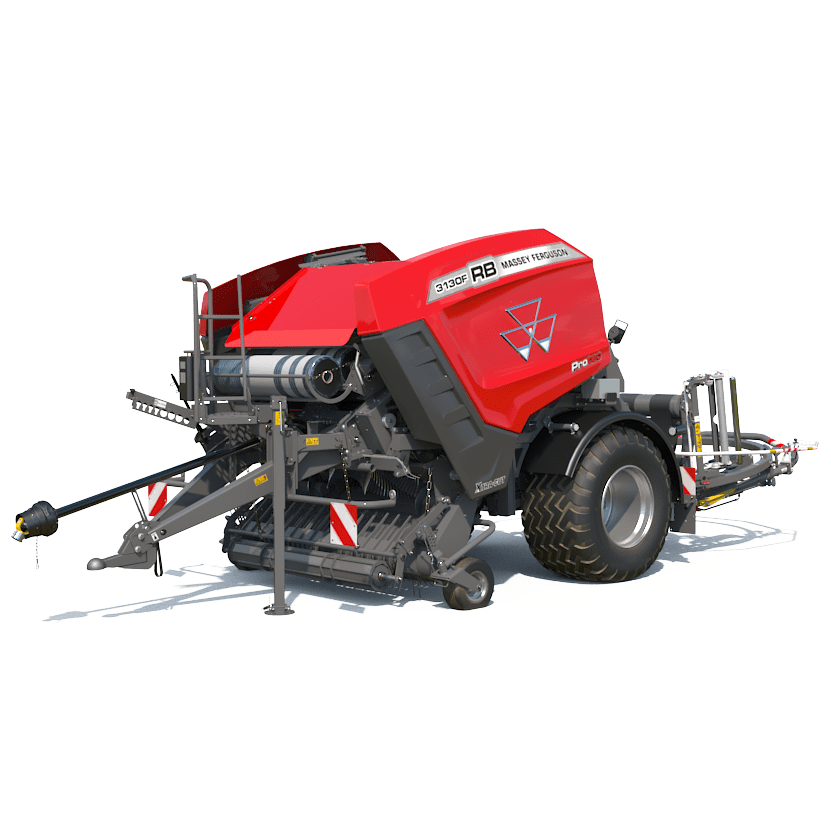
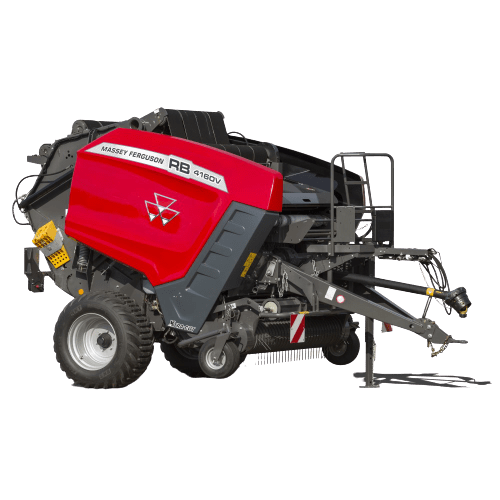
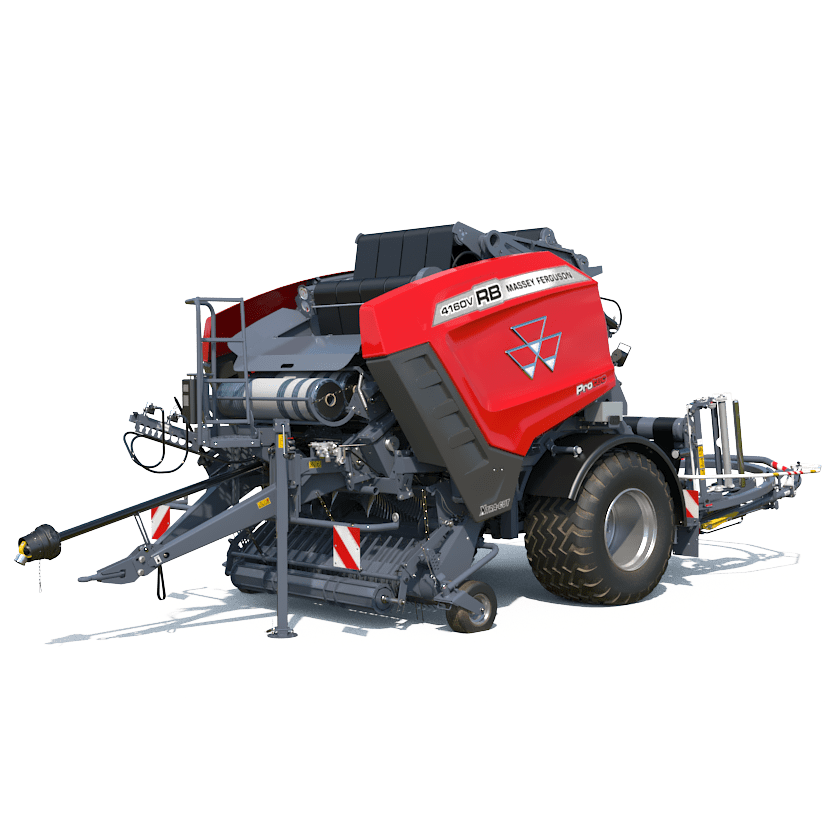

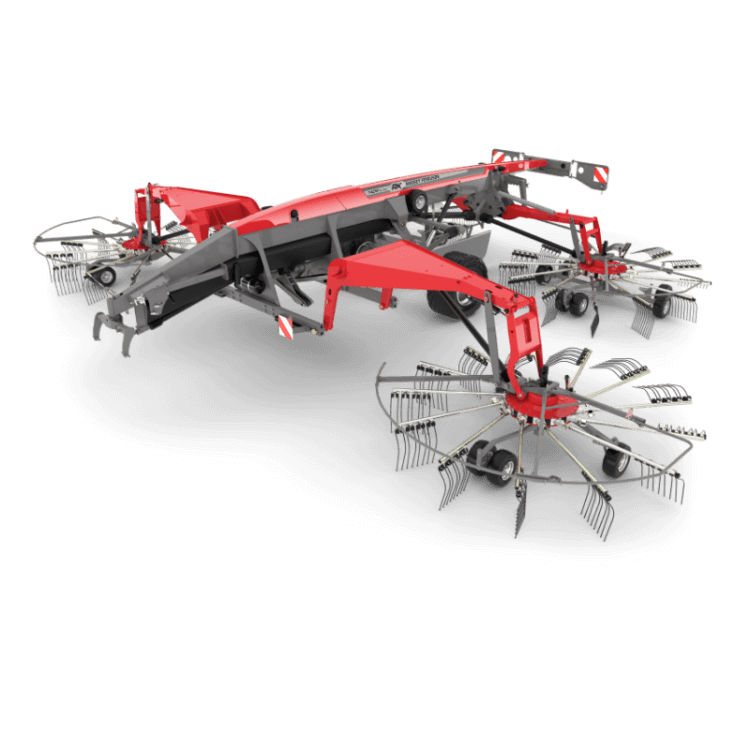
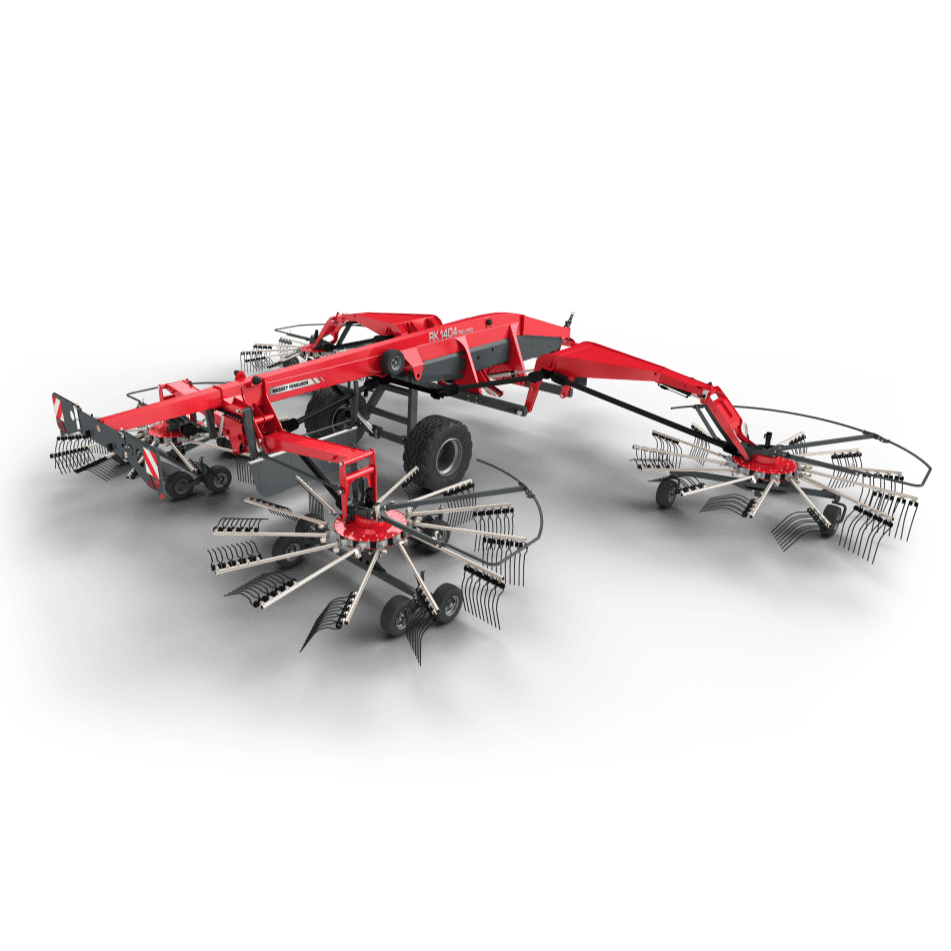
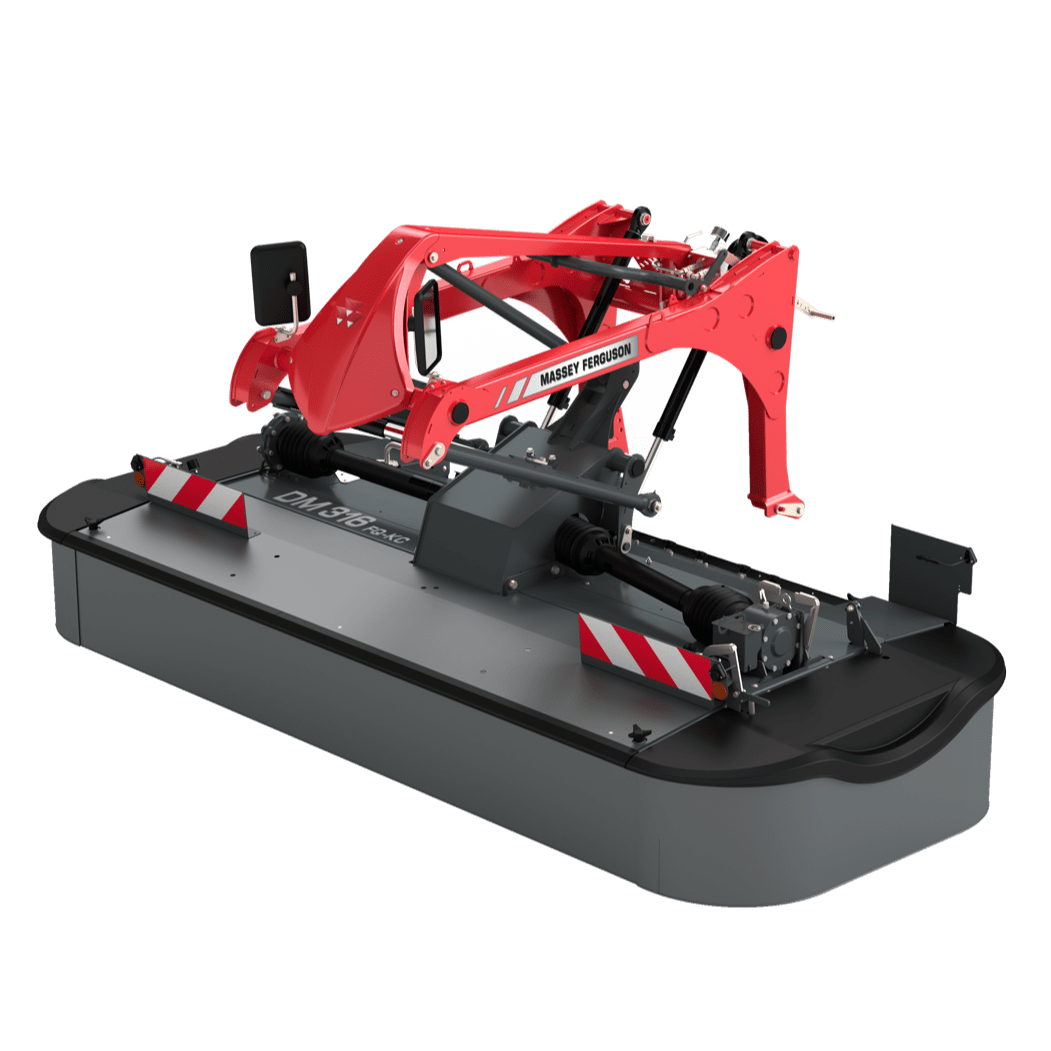
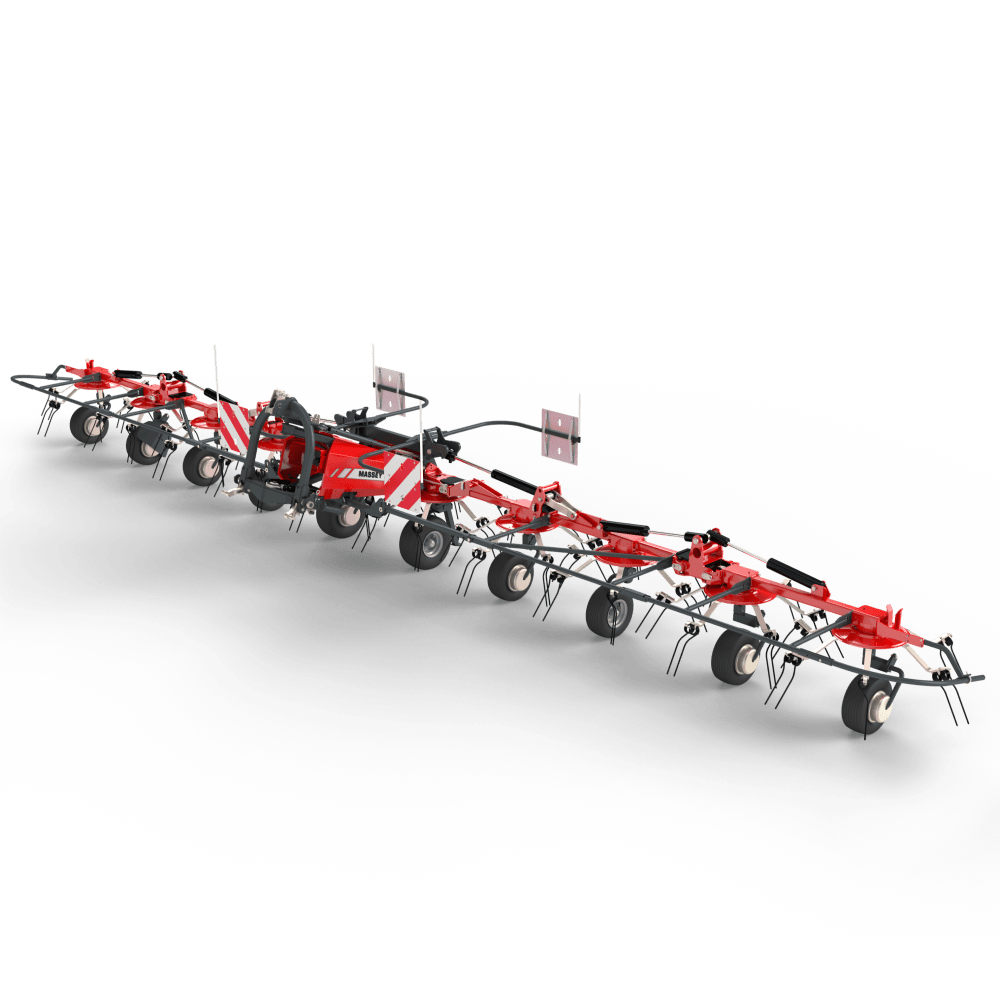
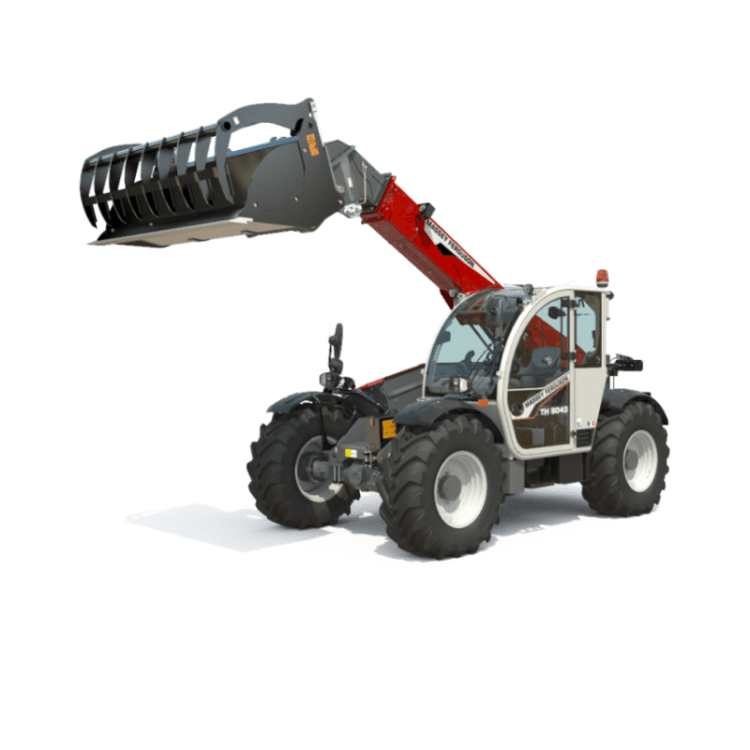

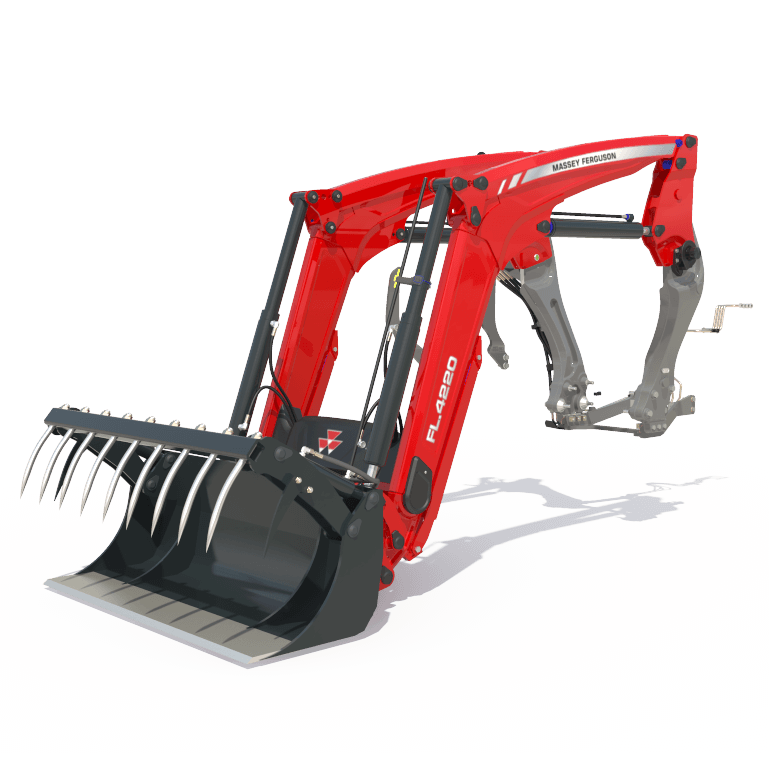
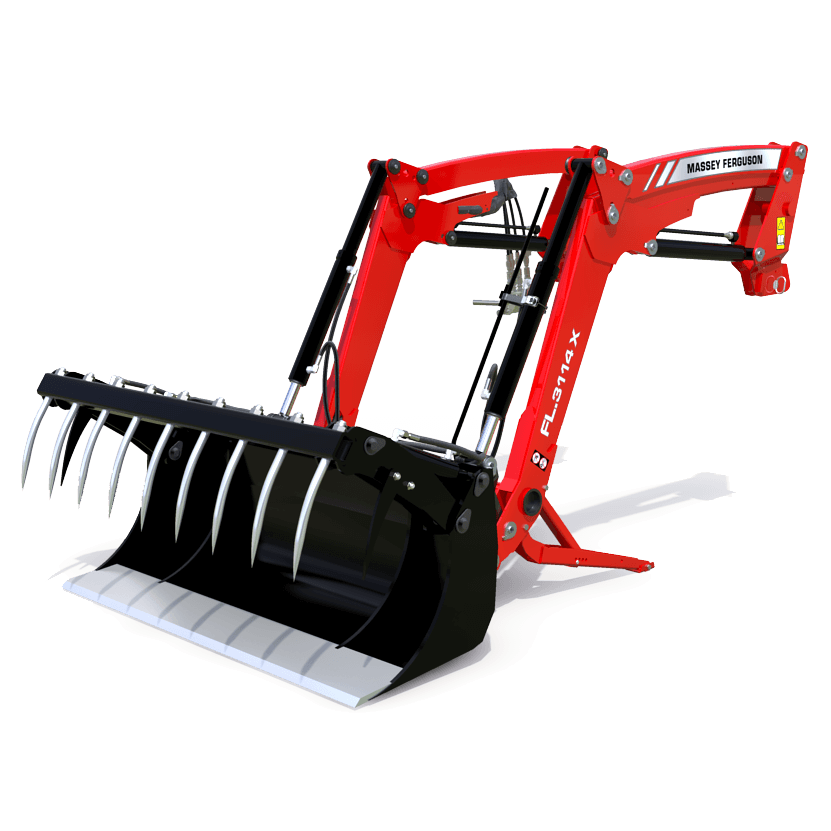
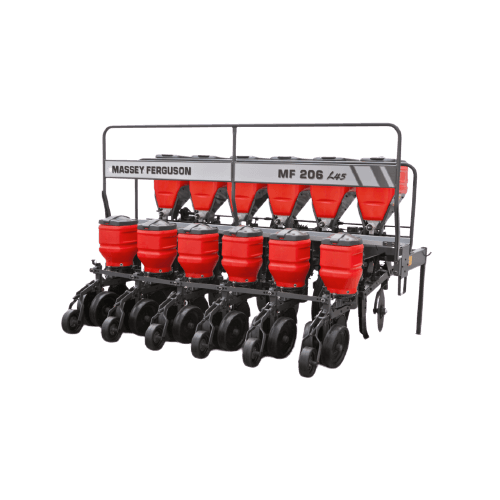
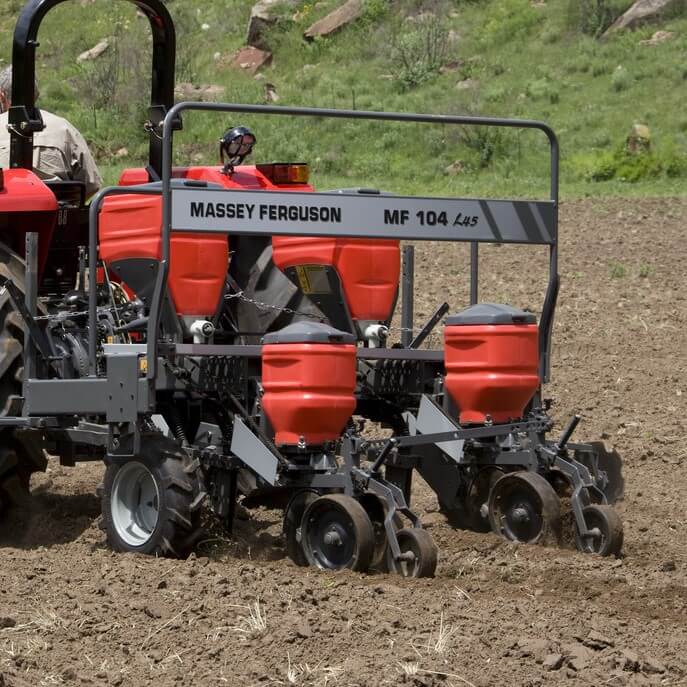
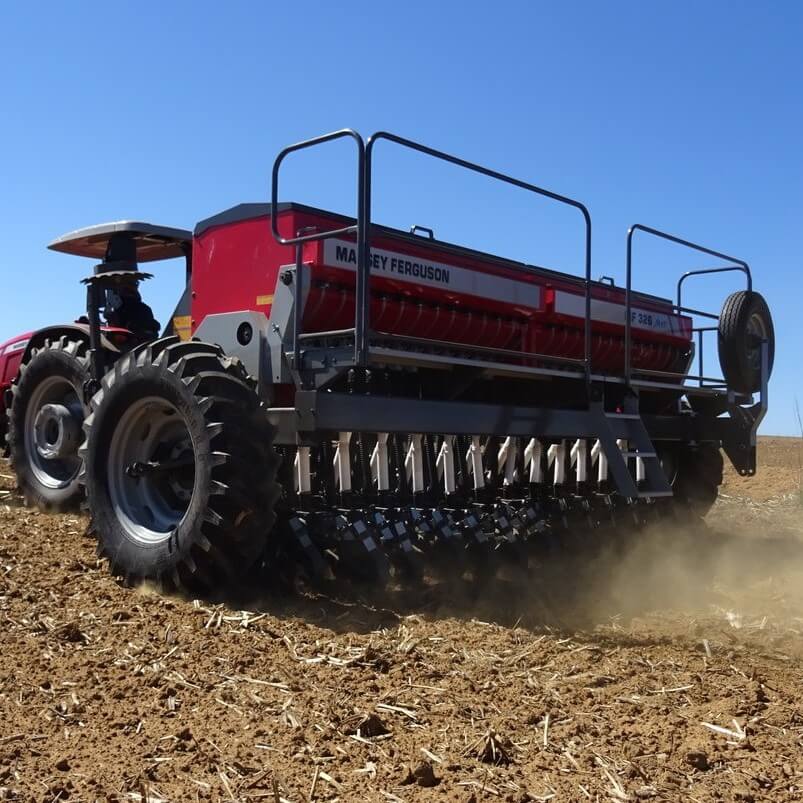
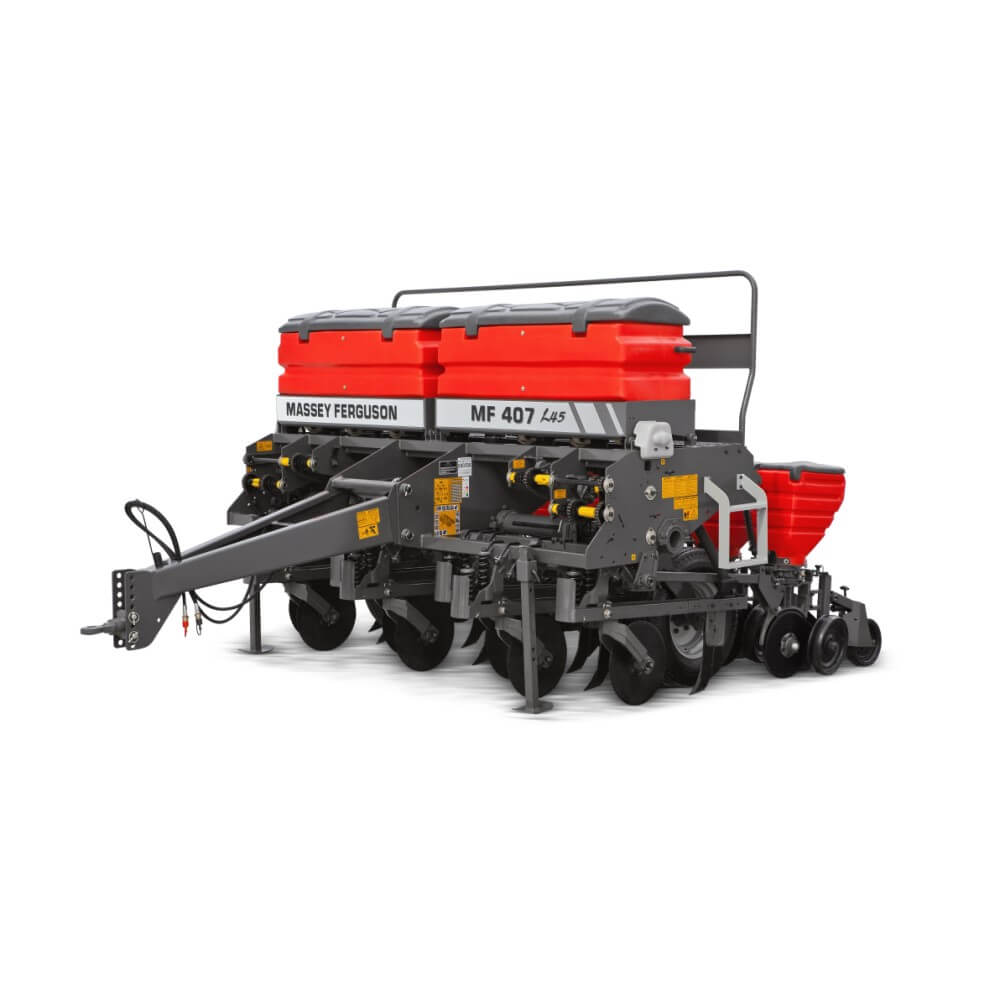
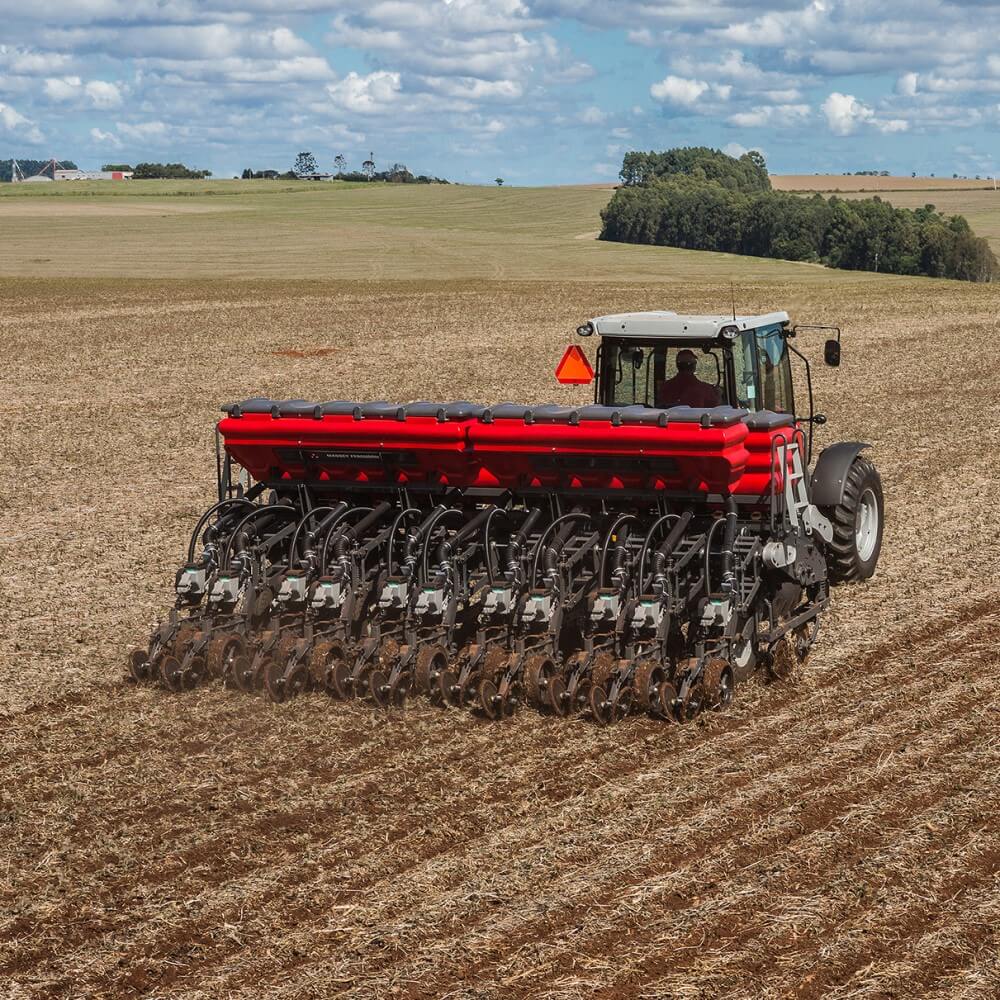
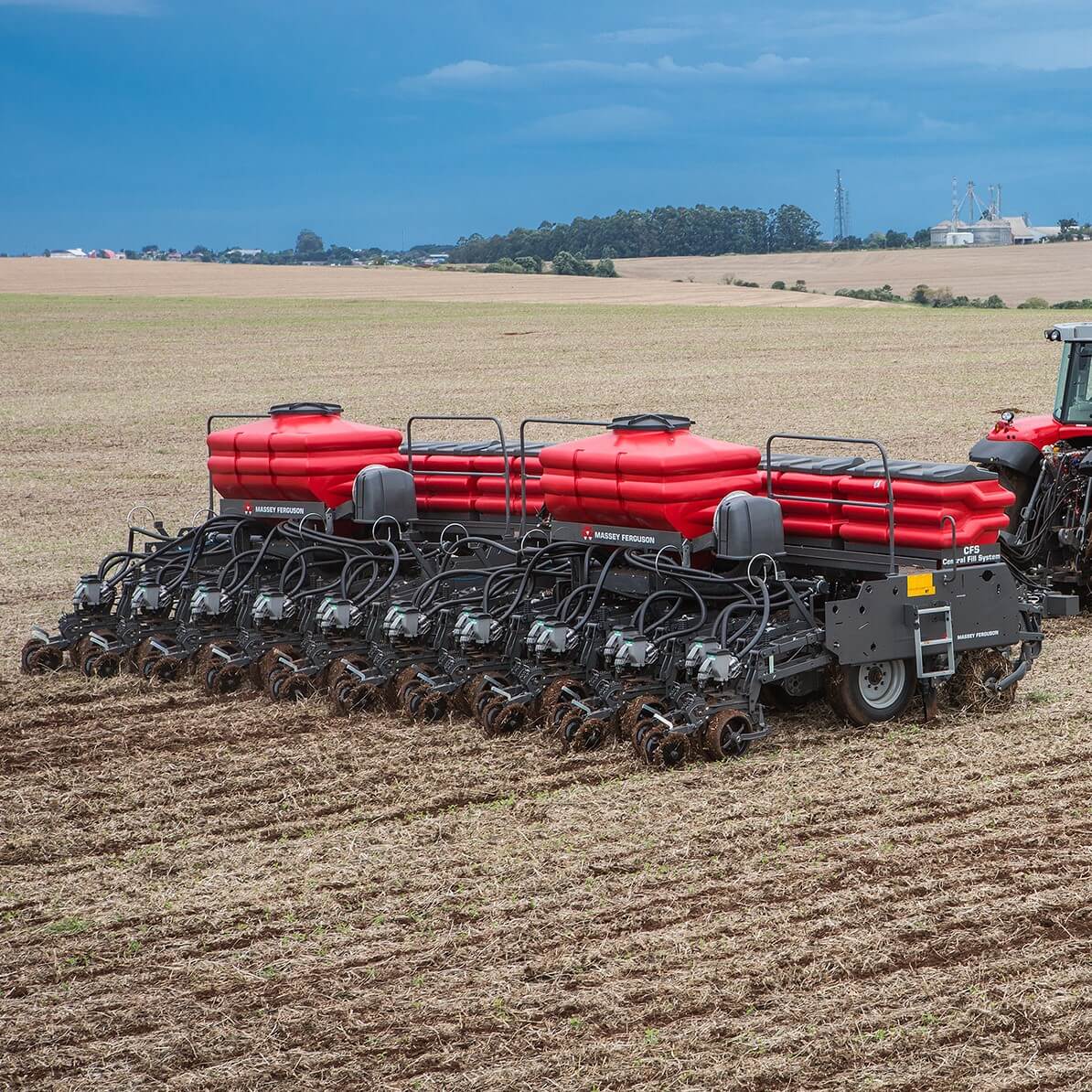
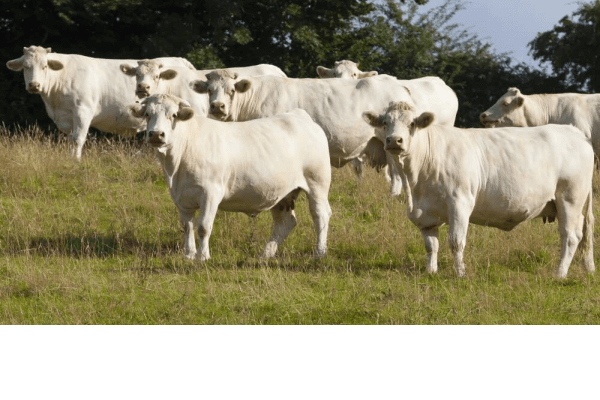
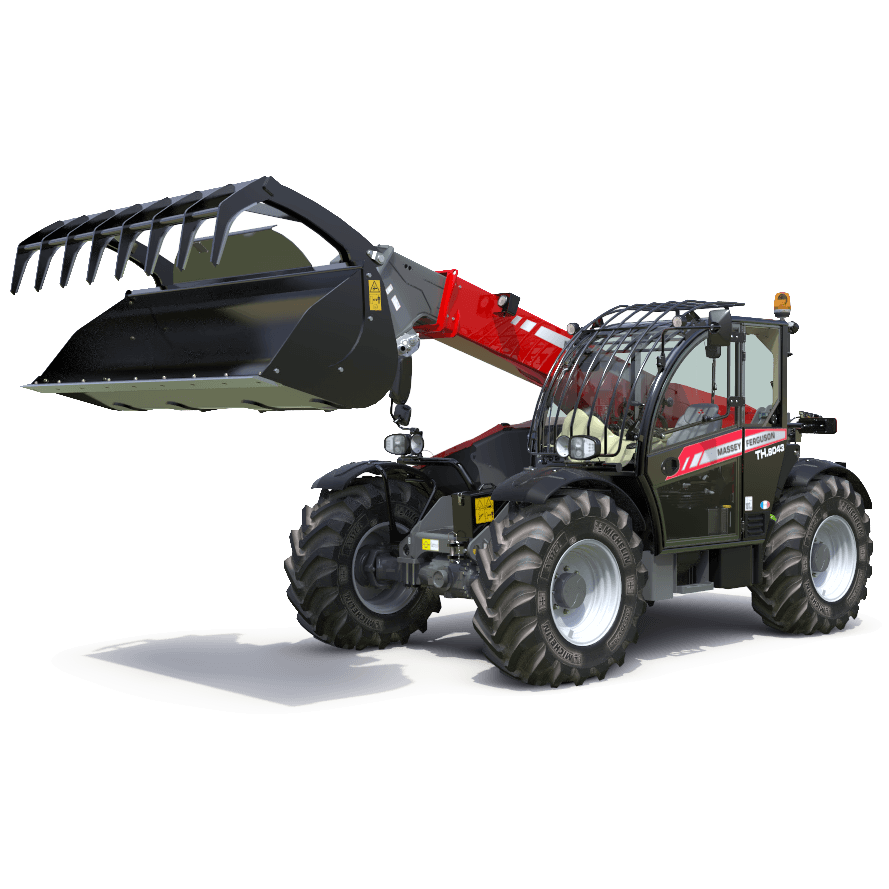

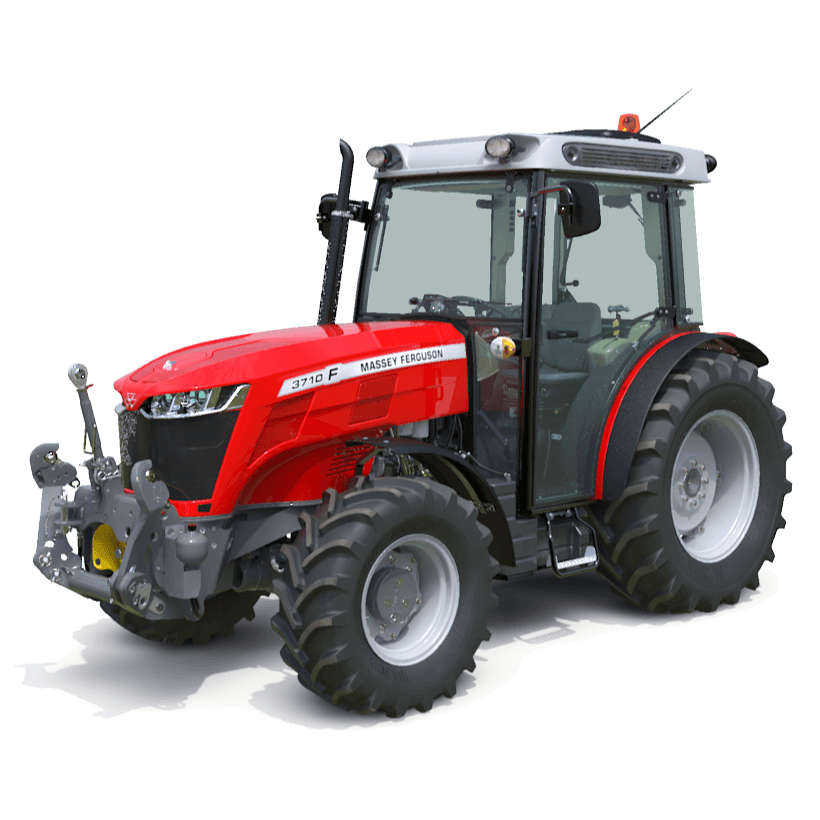
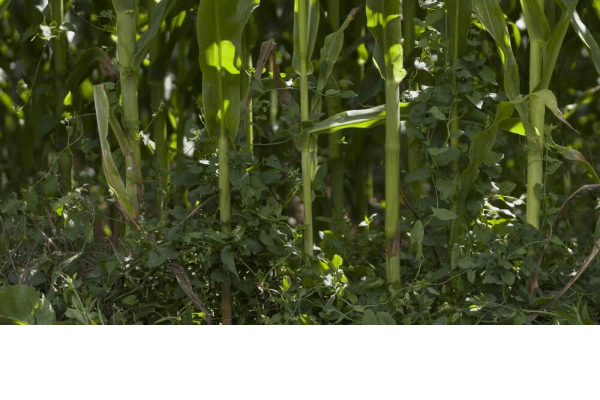
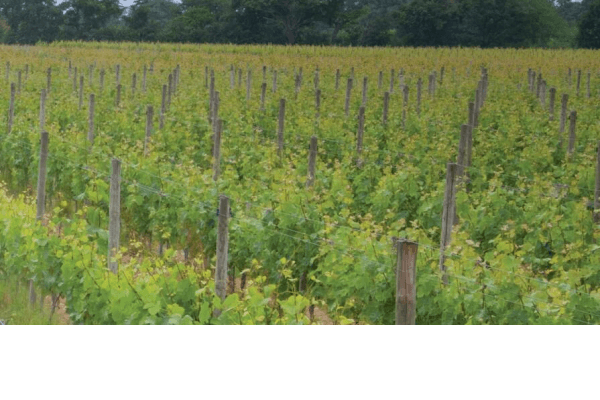
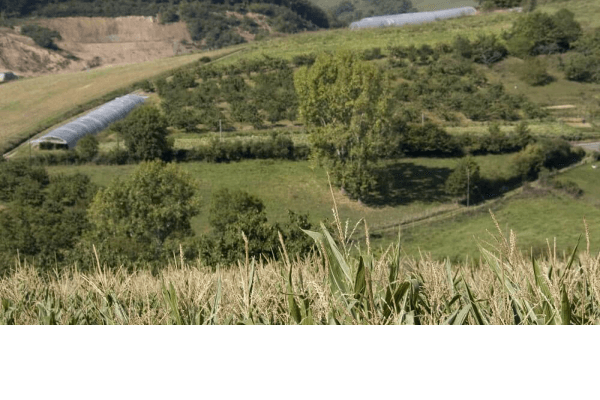
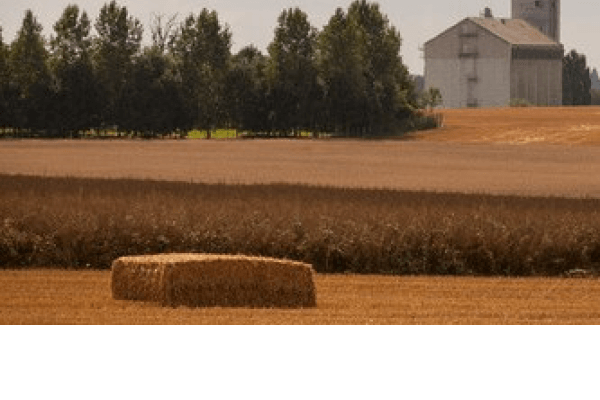

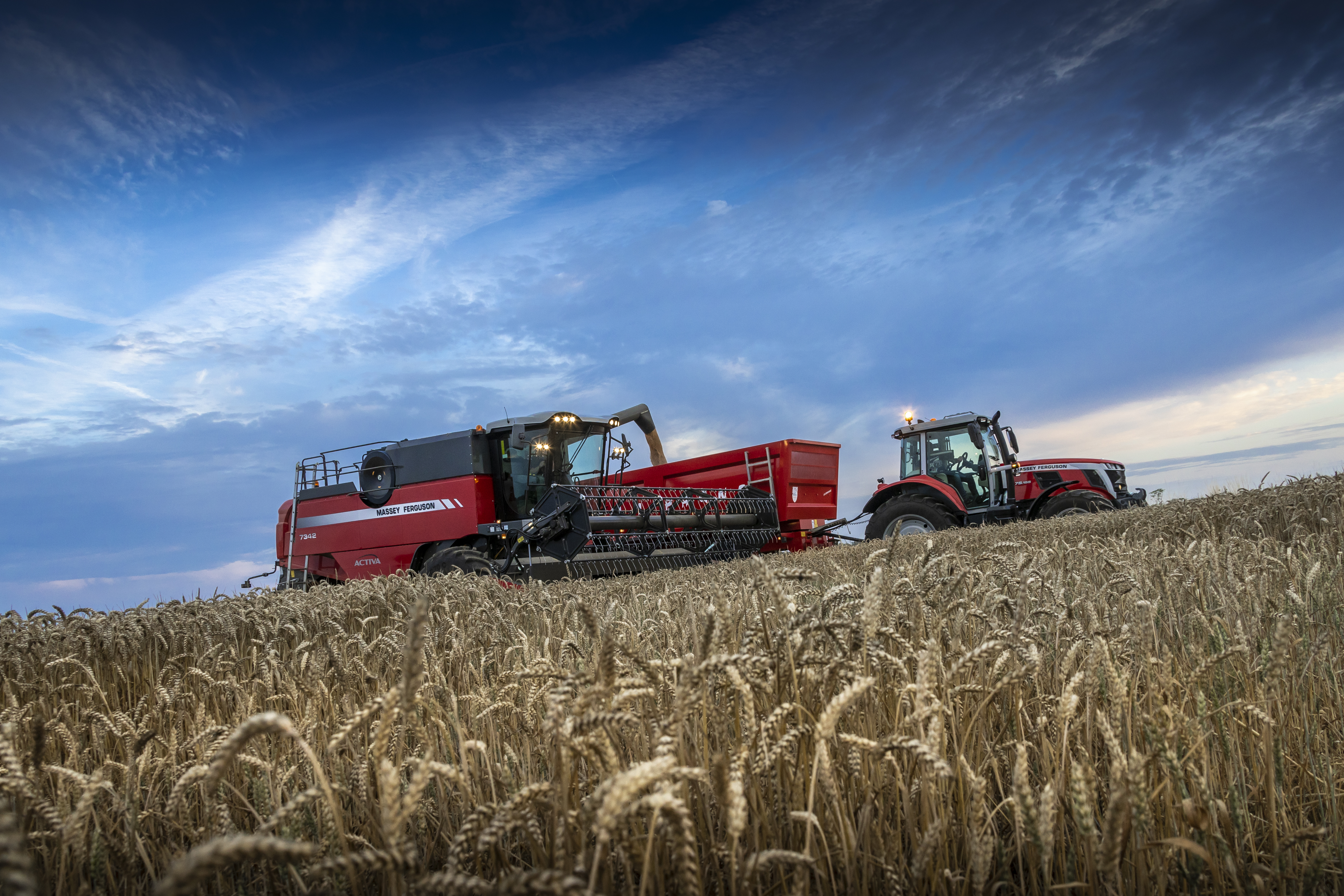
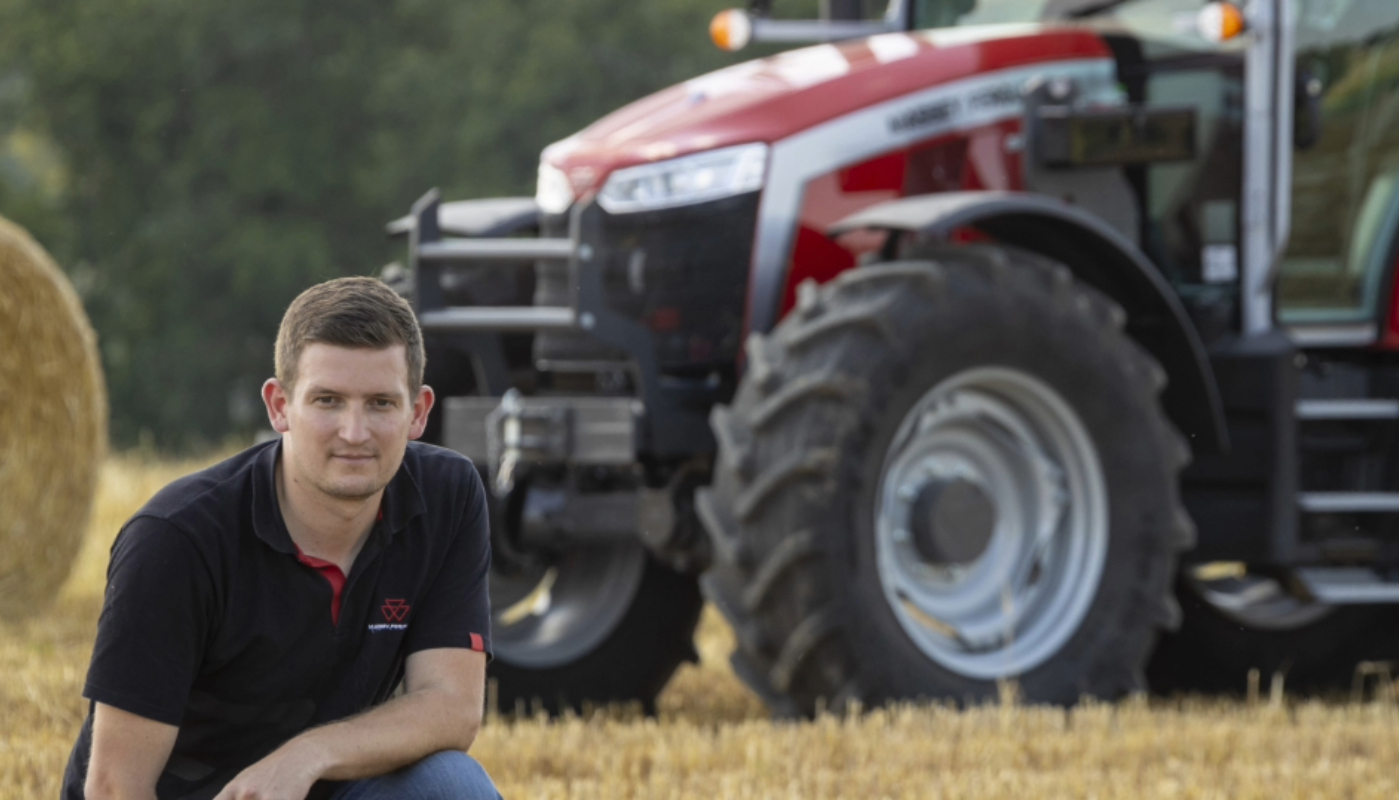

Share